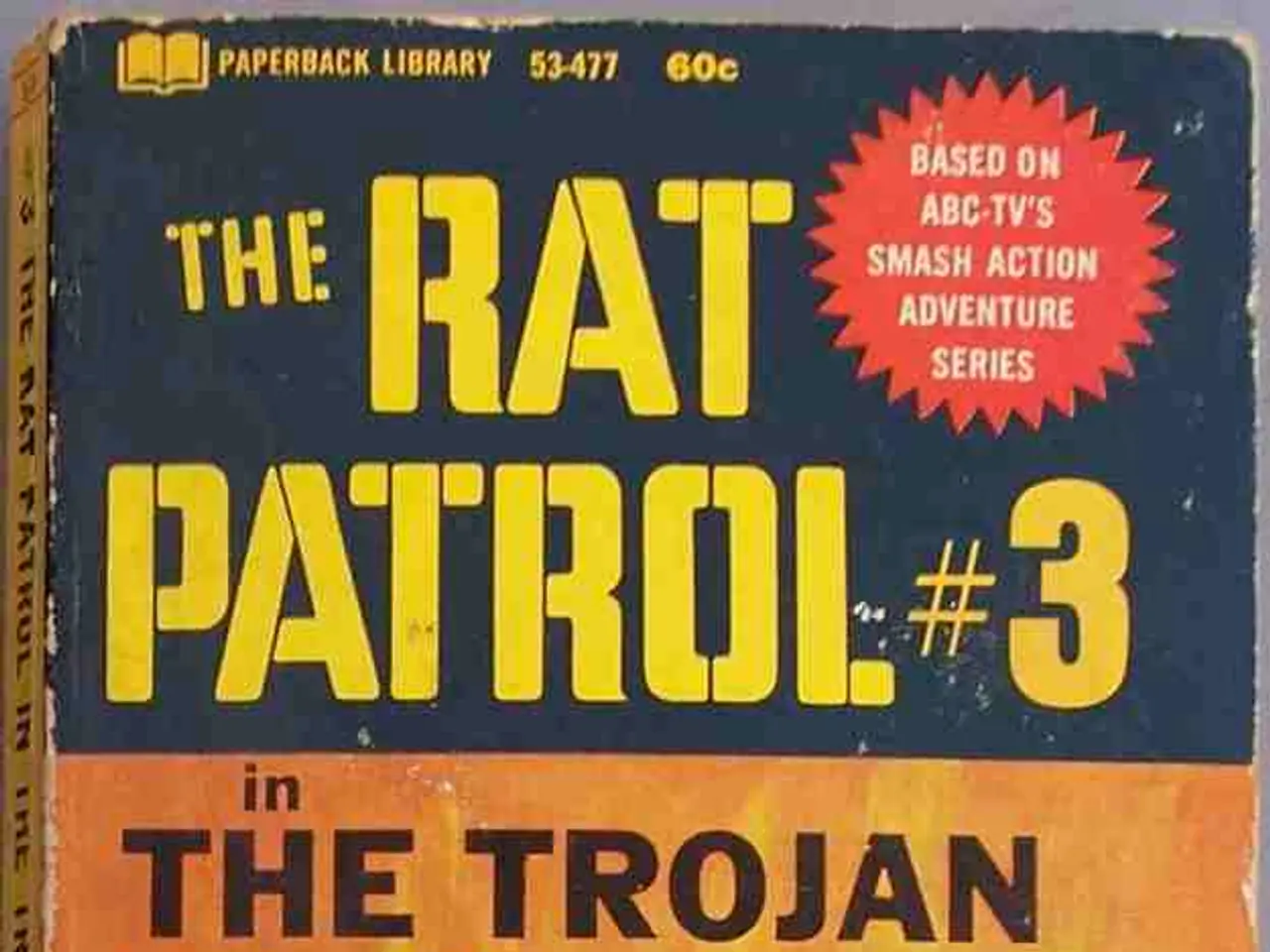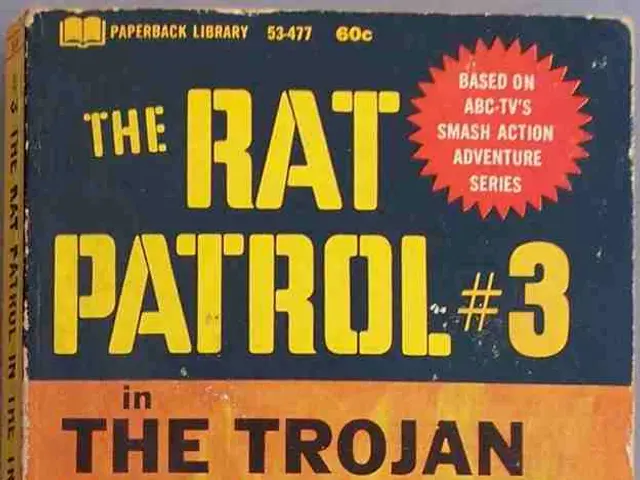Guide on DNA: Detailed Information Regarding Hezbollah, Lebanon's Armed Group Aligned with Hamas in Conflicts against Israel
Hezbollah, a Lebanese Shi'ite Islamist political and paramilitary group, originated in the early 1980s as a response to the Israeli invasion of Lebanon in 1982. Founded by Shi'ite clerics and local committees, supported and trained by Iran’s Islamic Revolutionary Guard Corps (IRGC), Hezbollah was established with the aim of resisting Israeli occupation and advancing Shi'ite political interests in Lebanon.
Early Days and Formation
Hezbollah emerged from the grievances of the Lebanese Shi'ite community, which had long been politically marginalized and suffered displacement and destruction during Israeli invasions in 1978 and 1982. Iran's 1979 Islamic Revolution inspired Hezbollah ideologically, and it sought to establish a political presence as well as a military capability to fight Israel and oppose Western influence.
Initially forming in the Bekaa Valley region, Hezbollah gradually united various Shi'ite militant groups—such as Islamic Jihad and the Organization of the Oppressed on Earth—into a coherent organization. Sources differ on the precise founding date, ranging from 1982 to 1985, but the group was officially established as a militia around 1984 and soon began carrying out attacks against Israeli forces and Western targets in Lebanon.
Controversial Accusations and International Response
Hezbollah is accused of launching suicide attacks on Western embassies and targeting/kidnapping Westerners in the 1980s. Notably, the US accuses Hezbollah of a suicide bombing that destroyed US Marine headquarters in Beirut in 1983, killing 241 servicemen, and another suicide bombing targeting the US embassy the same year.
In response to Hezbollah's assault, Israel launched heavy artillery fire into southern Lebanon. Hezbollah's actions were in solidarity with the Palestinian people in the wake of the ongoing war. Argentina holds Hezbollah and Iran responsible for two attacks: a 1994 bombing of a Jewish community center in Buenos Aires which killed 85 people and a 1992 attack on the Israeli embassy in Buenos Aires that killed 29 people.
Growth and Influence
Throughout the Lebanese civil war (1975–1990), Hezbollah grew in strength and gained popular support by combining military resistance with a social service network for its community. It also aligned closely with Syrian forces and Iran, which provided funding, weapons, and training. The group's early successes against Israel, notably the Israeli withdrawal from southern Lebanon in 2000 and its resilience in the 2006 Lebanon War, enhanced Hezbollah’s legitimacy as a resistance force in the eyes of many Lebanese and other Arab populations.
Politically, Hezbollah evolved from a revolutionary Shi'ite Islamist movement seeking an Islamic republic in Lebanon to a more pragmatic actor. By 2009, it formally endorsed democracy and national unity, though it maintained its armed wing and its resistance narrative against Israel and Western influence. Today, Hezbollah operates as a hybrid entity: a political party with significant representation in Lebanese politics, a powerful paramilitary force, and a proxy for Iranian regional influence.
Modern-Day Hezbollah
Hezbollah retains its weapons after the Lebanese civil war to battle Israeli forces occupying the predominantly Shi'ite south. The group has precision rockets in its arsenal and claimed to have 100,000 men in its ranks in 2021. Hezbollah has ties to other regional groups, including Hamas and Islamic Jihad, and has massive support in Lebanon.
Recently, Hezbollah targeted Israeli military positions in the disputed Shebaa Farms, which could potentially open another front in the Israel-Hamas war. Hezbollah's military prowess was showcased during the five-week war in 2006, when it launched thousands of rockets into Israel. Israel withdrew from the position in 2000 after years of guerrilla warfare.
Hezbollah is deemed as a terrorist outfit by governments including the United States. However, it continues to wield significant influence in Lebanon and the Middle East, making it a crucial player in regional politics.






